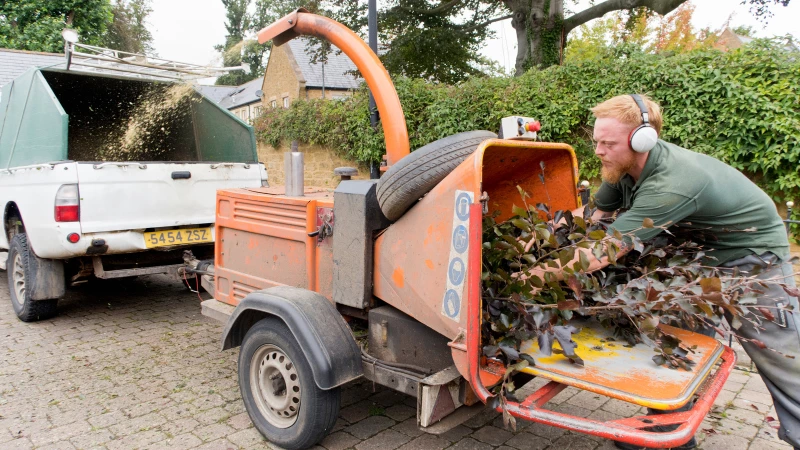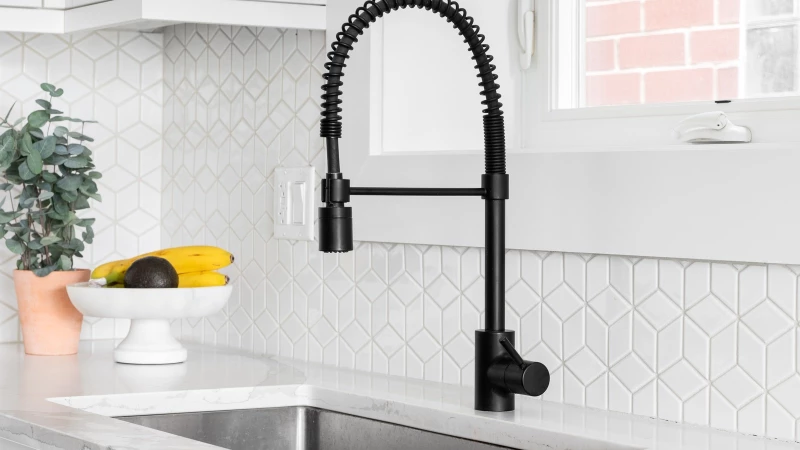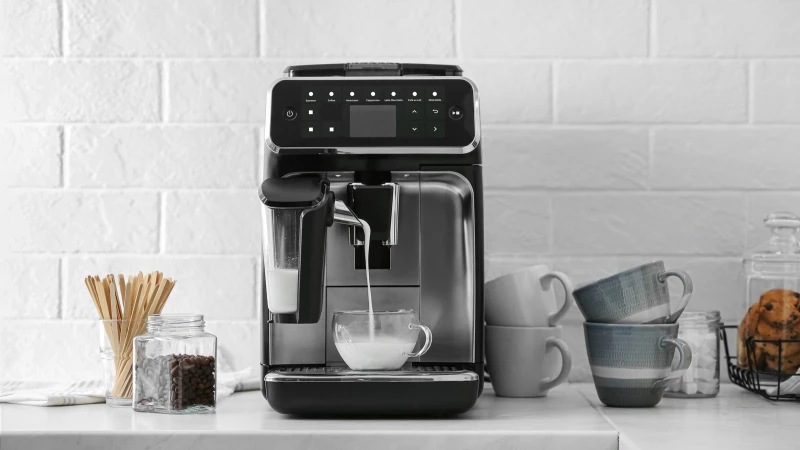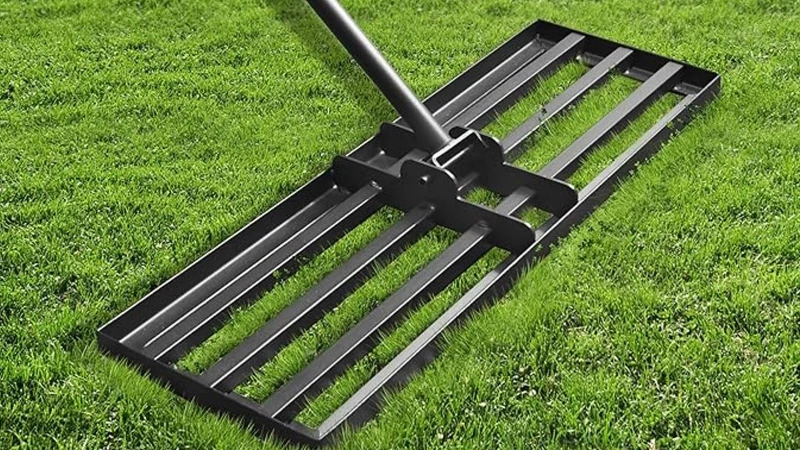Wood chippers are a handy tool for outdoor projects, and you don't have to be a professional to own one. Whether you want to create mulch from tree limbs or make branches easier to transport, a wood chipper can be a great investment. If you have multiple landscaping projects or a long-term outdoor project, you may be considering whether to buy or rent a wood chipper. The decision depends on various factors, including how often you will use it.
Pros and cons of renting
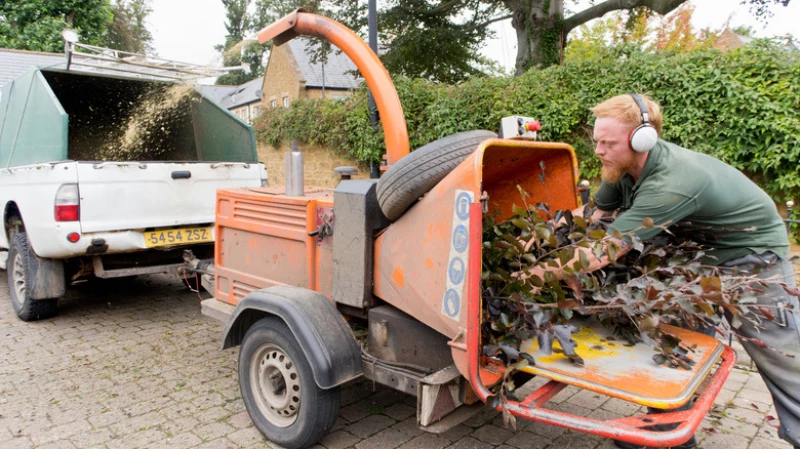
Renting a wood chipper is ideal if you only need to use it for a limited time. This option provides flexibility, allowing you to borrow the machine without the need to worry about storage or maintenance if it malfunctions. You can easily rent a wood chipper from big-box stores like Lowe's or locally-owned power equipment rental agencies by visiting their websites or contacting them by phone. Rental rates vary among companies, with the average cost of renting a wood chipper being hundreds of dollars per day and potentially more for weekend rentals.
Pros and cons of buying
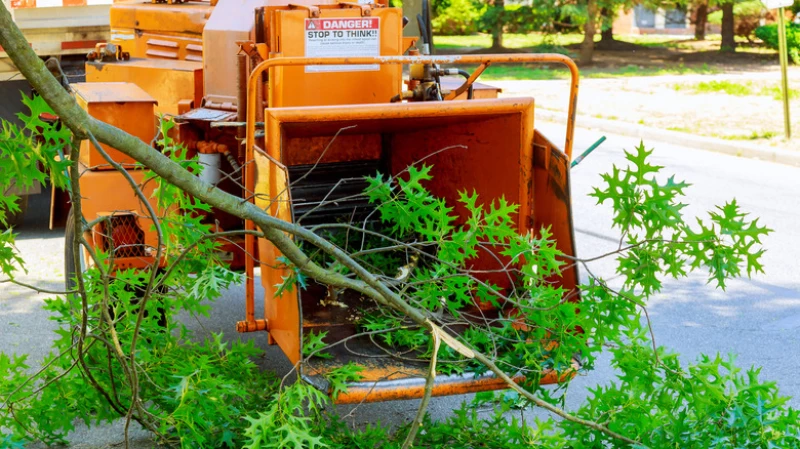
Perhaps the greatest advantage of buying a wood chipper is the freedom to use it whenever you want. No matter how many projects you take on, having your own chipper allows you to easily fit yard work into your weekly schedule. When you buy a wood chipper, you also have peace of mind knowing you're operating a brand new machine and are one of–if not the first person–to use it. Wood chippers are sold at locally-owned power equipment retailers and stores like Lowe's, Home Depot, and Tractor Supply Company. You can find some smaller models for less than $1,000, but larger, more powerful varieties can cost over $3,000.
Nevertheless, the expenses associated with operating a wood chipper go beyond the initial investment in the machine. Being a wood chipper owner entails the responsibility of ensuring its maintenance. Although these machines are not prone to frequent breakdowns, it is essential to dedicate time to regular maintenance tasks such as blade sharpening and checking the air filter for any dirt blockages. This is crucial to ensure that wood chippers continue to function at their optimal level. However, in the event that the machine encounters a mechanical problem, the costs of acquiring replacement parts and covering repair services, if you are unable to fix the chipper yourself, can accumulate and create financial difficulties. Opting for a higher-quality machine from the outset can help prevent the need for multiple visits to the repair shop in the future.

